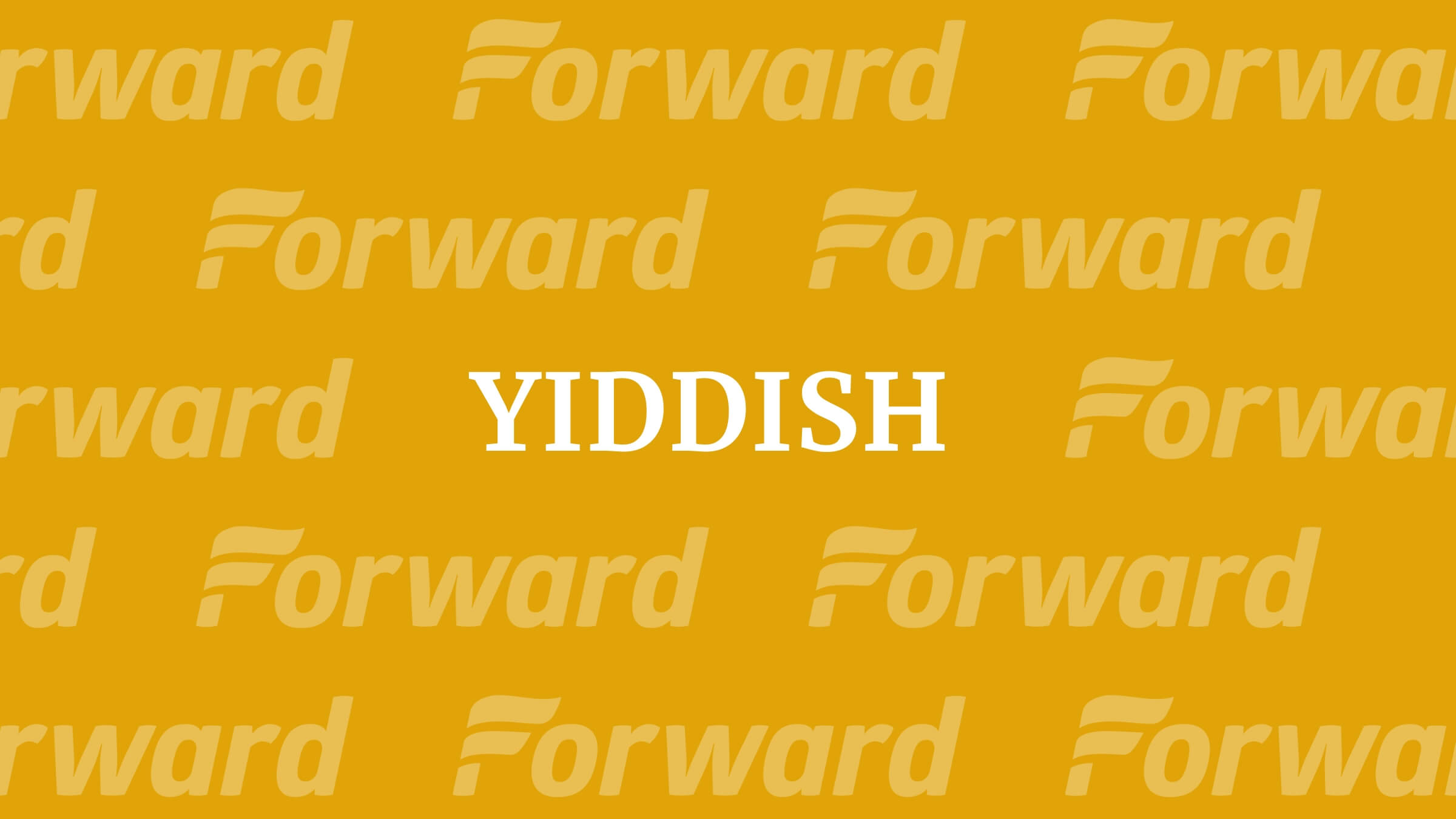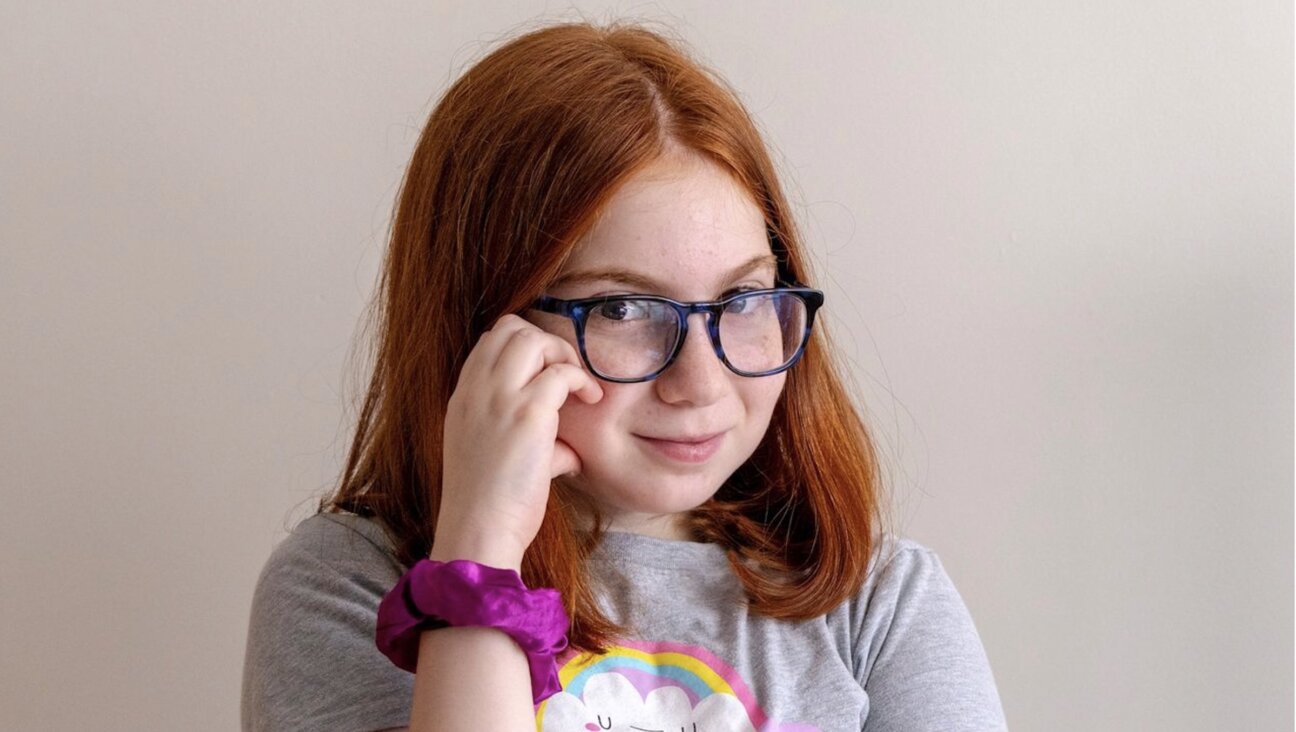Coronavirus-related deaths on the rise among the Jewish poor

Graphic by Angelie Zaslavsky
Read this article in Yiddish
A New York-based burial society has applied for emergency funding as it races to keep up with steep increases in the cost of coronavirus-related personal protective equipment, additional grave openings and new personnel to arrange funerals.
The 132-year-old Hebrew Free Burial Association, which arranges burials for indigent Jews, expects to bury 120 people beyond the typical amount in the coming weeks.
Last week, the organization had 11 funerals, compared to six or seven in an average week, said executive director Amy Koplow. COVID-19 caused the death of at least five of those that HFBA buried this week.
“The upward trend of coronavirus deaths is already placing a burden on our annual budget,” she said.
As a public service during this pandemic, the Forward is providing free, unlimited access to all coronavirus articles. If you’d like to support our independent Jewish journalism, click here.
Koplow, who spoke to the Forward from HFBA’s Lower Manhattan office, said that enhanced safety protocols set by the National Association of Chevra Kadisha have also increased the cost of a traditional Jewish burial. She cited a $3,400 bill for “PPE,” or personal protective equipment, from a supplier demanding immediate payment. The higher-than-normal invoice reflects, in large part, the purchase of N-95 respirators “at $135 a pop instead of the less expensive masks we used in normal times,” Koplow said.
“The cost of HFBA burials is going sky-high,” she added.
In a typical year, HFBA’s operating budget is $2.7 million. Half of it comes from donations.
Do you know someone who has died of COVID-19? We want to share their story. Please fill out this brief form.
Koplow is exploring several funding possibilities, but needs to act quickly now that the global pandemic has hit home hard. Indeed, an email from the New York City Office for the Chief Medical Examiner, which HFBA received on March 20, alludes to an urgent request for state-licensed funeral directors “to provide continuity of decedent removal and transportation operations … within NYC.” The OCME estimates a need for “5,000 pick-ups” — the transfer of human remains from nursing homes, healthcare facilities, penitentiaries and transit systems to NYC’s forensic pathology centers in Manhattan, Queens and Brooklyn.
According to the OCME, each “pick-up” will cost $300. Unlike for-profit funeral parlors, which can pass this cost on to its clients, HFBA would have to absorb it.
The Office for the Chief Medical Examiner did not respond to the Forward’s telephone and email requests to define the period of time during which these “pick-ups” might occur.
HFBA’s Koplow has voiced concern that as New Yorkers lose their jobs, they will not be able to afford doctors’ visits, either to follow up on chronic health conditions or to get testing for COVID-19. She said the dramatic rise in unemployment may result in the need for even more HFBA burials.
“Emergency aid cannot come to us soon enough,” Koplow says.
Barbara Finkelstein is a regular contributor to the Forverts.
















